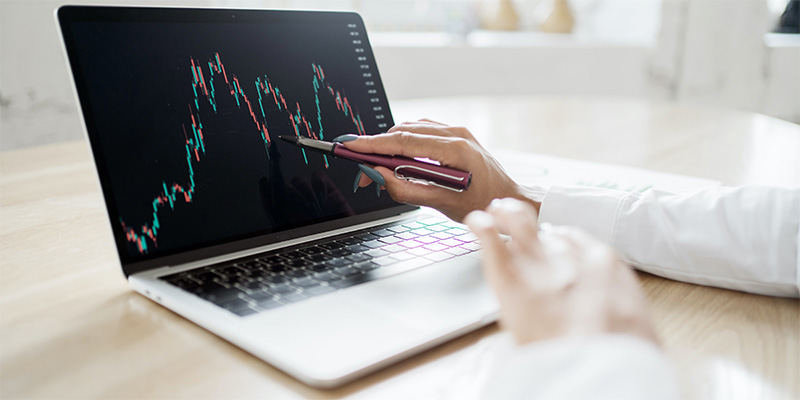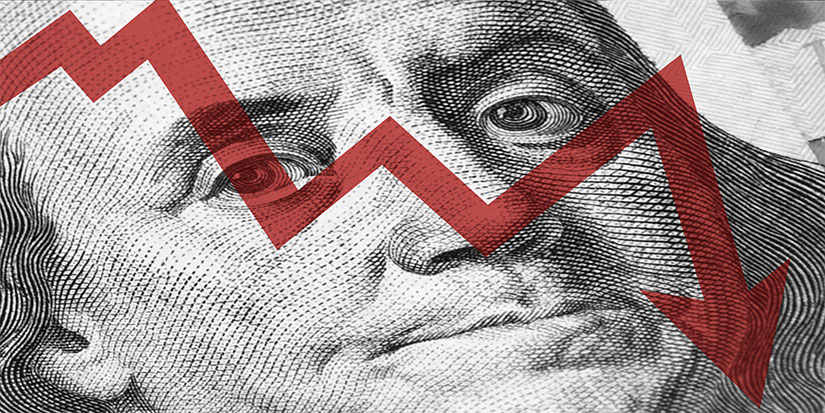
How Much Pain Can You Take?
The market is not going to go straight up and to the right. You will experience drawdowns. Prepare accordingly.
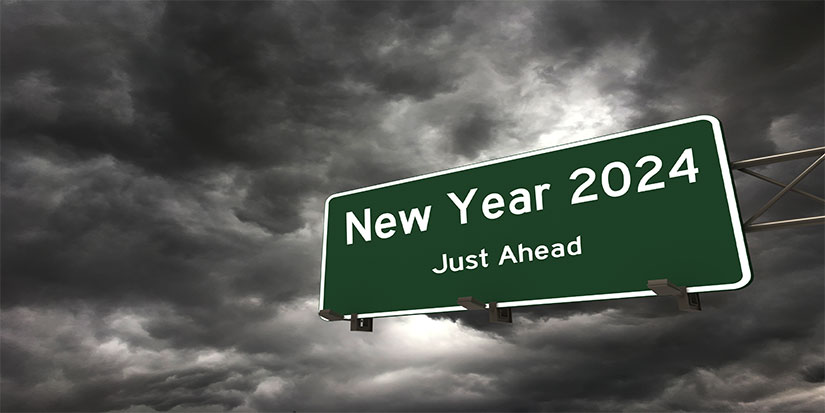
It Might Be a Bad Year
2024 might be a bad year. We might get a recession. We might get a bear market. We might get a housing collapse. We might get a war. We might get political turmoil. Actually, that is definitely going to happen.
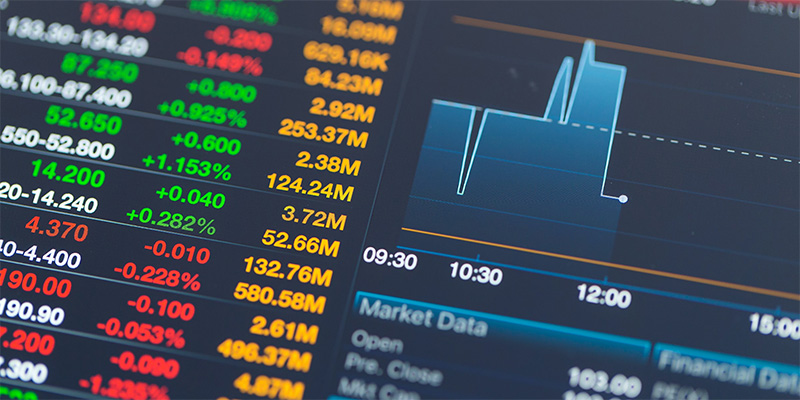
It Takes Three Traits to Become a Successful Trader
One of the biggest requirements to be a successful investor is to be emotionally healthy.
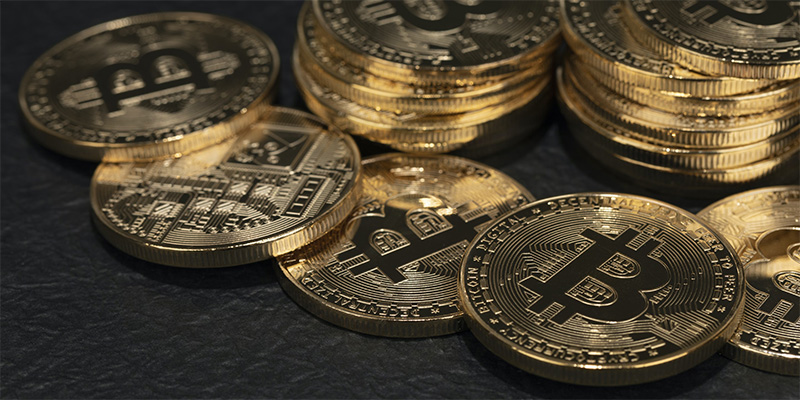
Invest, Then Investigate
Years ago, circa 2013, I kept hearing about the cryptocurrency bitcoin (BTC). I didn’t investigate it at the time when it was trading around $100. I said to myself, “I should do my due diligence. When I get some time, I’m going to do some research on it, and I’ll figure out this whole bitcoin thing.”
Well, it didn’t exactly play out that way. I told myself I was “too busy” and just never got around to it. And then, of course, bitcoin went to $69,000!
If I had put $10,000 in bitcoin, I would’ve been able to retire.
So, let my mistake serve as a lesson on how not to be an idiot with your money. You must take advantage of unique opportunities when they present themselves.
|
Attention all financial professionals |
One of My Favorite Sayings in Finance
Really, an opportunity like the one above doesn’t come around very often, which reminds me of one of my favorite sayings in finance: Invest, then investigate.
The first time you hear of an investment opportunity—the very first time—you should immediately buy it. Do not pass go, do not collect $200. You should log into your brokerage account and buy the stock the first time you hear about it.
Then what happens? Well, now you own the stock and have risk. Then you’ll do some research on it.
There’s actually an old joke about this: How do you know when a day trader is losing money on his position?
Roll on snare drum…
When he starts researching the stock.
Curtains.
It’s one of my favorite jokes of all time. If you have a position, if you have risk, you will do work on it. But my experience shows that if you don’t have a position and you don’t have risk, you won’t do work on it.
So, just go buy it first, and then do the research. Invest, then investigate. Now that you have the risk, you will do the research.
Paralysis by Analysis
It’s weird. People won’t buy stocks until they’ve heard about it six times, but by the time they hear about it the sixth time, it’s too late… it’s already moved.
It also depends on your sources of information. If you’re on the tail end of information, this might not be such a good idea. And I’m sure the first time that a lot of people heard about bitcoin was in January of 2018.
But if you have access to good information, you must act on it quickly. There is such a thing as paralysis by analysis. You’re researching a stock and can’t decide on whether to pull the trigger. Meanwhile, the stock is going up.
I find that most people have pretty good instincts. They just don’t act on them. I have had a bunch of trades in my career where this came in handy, and the perfect example was something called Kite Pharma, a biotech company that develops cancer immunotherapy products.
The first time I heard about it, I bought the stock because what’s not to like about a company that could have a cure for cancer? I bought it at $70, and then it was taken out at $180. One of my best trades of all time.
So, I bought the stock and then I did the research afterward, but I heard the idea and was so compelled that I had to act on it immediately. If I had waited, I wouldn’t have made as much money.
You Should Have a Bias to Action
The funny thing about bitcoin is you might say that you missed it, but maybe you didn't miss it. Maybe the big gains are yet to come. You ever think about that? Maybe we are still early.
By the way, bitcoin’s supply is strictly limited. There are 21 million bitcoins in the universe—18 million have been mined, 5 million have been lost, and there’s only 13 million floating around out there. So, you can have a pretty big imagination as to how high it could go.
I’m not saying you should go out and buy bitcoin right now. But the first time you hear about something that you have conviction in, invest in it. Then go do your research. You should have a bias to action. The conventional wisdom is that you should think before you act, but not in this case.

Jared Dillian, MFA
|
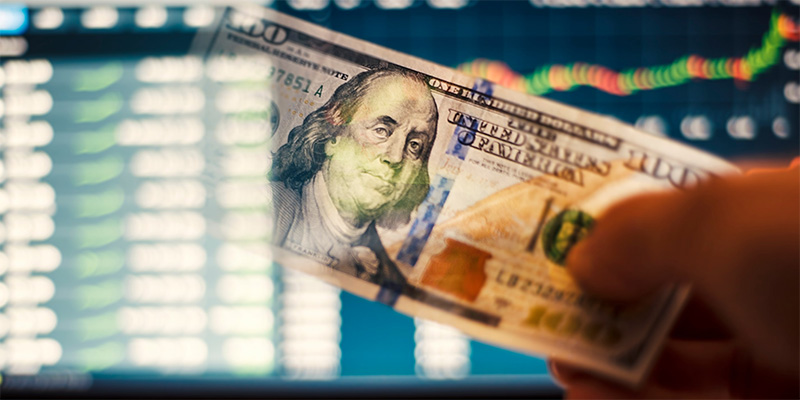
The Secret to Investing in the Stock Market
A lot of people think stocks are easy and bonds are hard because there’s a lot of math in bonds.
